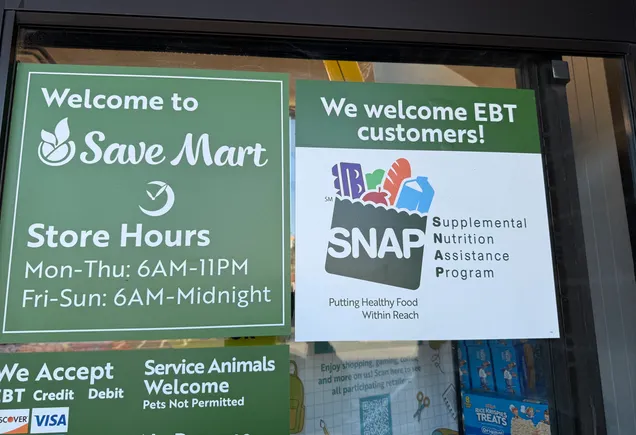The Trump administration has recently approved requests from six states to restrict consumers from using food assistance benefits to purchase soda, candy, or other sugary snacks and beverages. The states granted waivers are West Virginia, Florida, Colorado, Louisiana, Oklahoma, and Texas. This move aims to amend the list of products that can be bought using the Supplemental Nutrition Assistance Program (SNAP).
With these new approvals, a total of twelve states have been given the green light to implement restrictions on SNAP benefits. The bans are set to take effect next year and are intended to put an end to the subsidization of popular types of junk food. The Department of Health and Human Services believes that these waivers will help promote healthier eating habits among SNAP recipients.
SNAP consumers make up a significant portion of spending in the packaged foods industry, accounting for nearly a quarter of total spending, according to Numerator. The new restrictions on benefits could further limit sales in an industry where consumption is already slowing down.
It’s important to note that restrictions on SNAP benefits vary from state to state, adding complexity for both consumers and the food industry. Some states are only banning sodas, while others are also targeting energy drinks and candy. Florida is currently the only state to restrict SNAP purchases of prepared desserts.
Furthermore, each state has its own definition of what constitutes candy or sugary drinks. For example, Indiana and Nebraska are both banning soft drink purchases but have different definitions of what qualifies as a soft drink. Iowa has one of the most restrictive sets of SNAP rules, banning a wide range of sugary beverages and snacks.
The push to restrict SNAP purchases is part of a larger movement led by HHS Secretary Robert F. Kennedy Jr. called “Make America Healthy Again.” Kennedy believes that taxpayer dollars should not be used to fund soda and candy, which contribute to America’s diabetes and chronic disease epidemics.
While SNAP participants are more likely to have higher rates of obesity, research suggests that factors like poor mental health may also play a role in unhealthy eating patterns. The food industry has pushed back against efforts to restrict SNAP purchases, arguing that the program helps address hunger and obesity by increasing access to healthier foods.
As the debate over SNAP restrictions continues, it’s clear that there are still many challenges and complexities to navigate. It will be important for policymakers, industry stakeholders, and advocates to work together to find solutions that promote both public health and food security for all.


